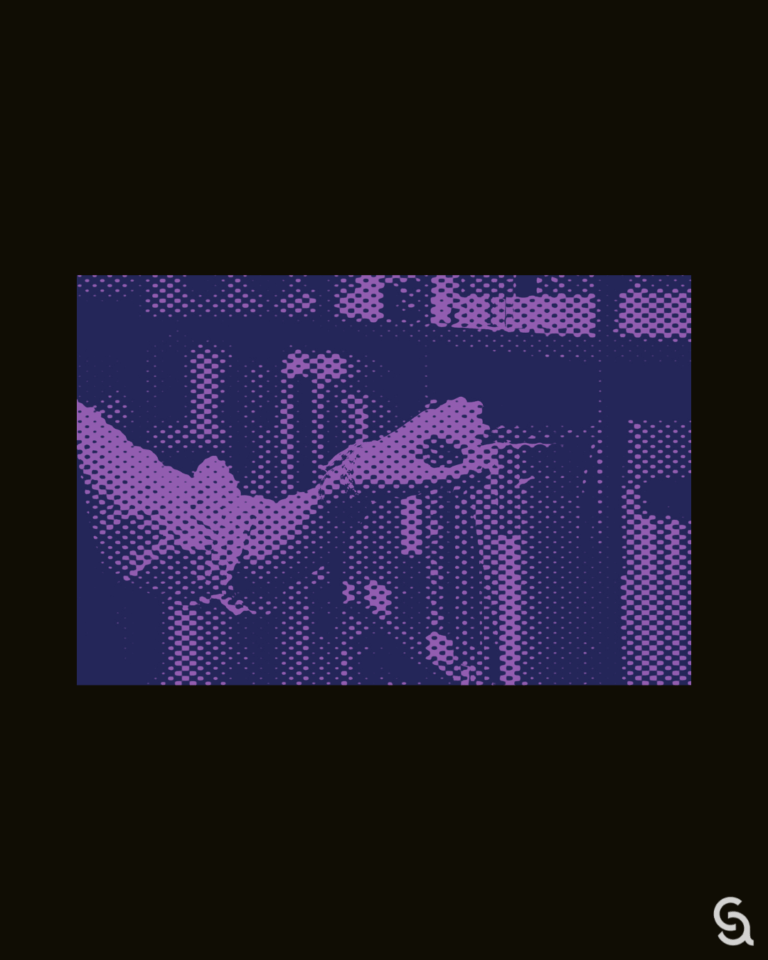
Resisting the Single Story: What Advent Teaches About Power
By Laurie Nichols
Every powerful system has a way of telling its own story.
It tells us who matters, who gets to speak, and who should stay quiet. It rewards certainty and punishes nuance.
This Online Articles area (formerly our Library) gathers reflections, op-eds, and essays that engage the pressing questions of faith, justice, and public life. Here, you’ll find hundreds of thoughtful and engaging pieces from scholars, practitioners, and everyday Christians — leaders and writers who bring fresh insight and faithful imagination. These articles are meant to spark deeper discipleship, fuel courageous action, and equip the church to embody the gospel in a complex world. We invite you to explore, learn, and join the ongoing conversation toward a fuller expression of Christian faithfulness and a more just society.
Subscribe to the CSA Newsletter
CSA’s free weekly publication, a carefully curated collection of original articles at the intersection of spiritual formation and social action.

By Laurie Nichols
Every powerful system has a way of telling its own story.
It tells us who matters, who gets to speak, and who should stay quiet. It rewards certainty and punishes nuance.
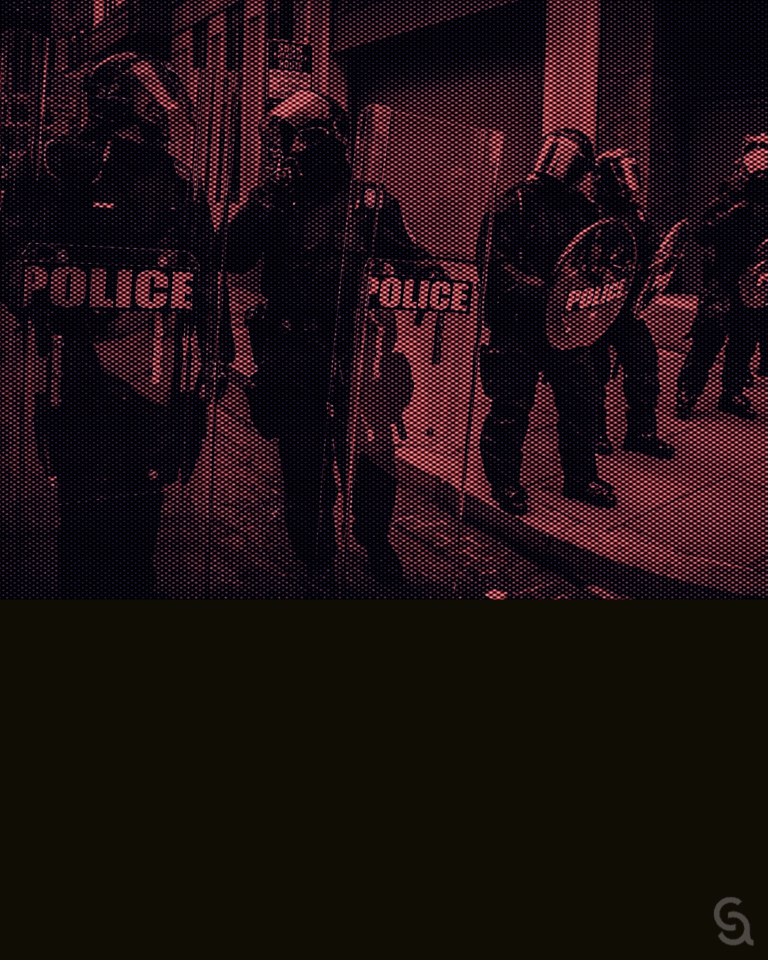
By Liz Cooledge Jenkins
What happens when faith is co-opted for power? We are far from the first Christians to find ourselves forced to address this question. In A People’s History of Christianity, historian Diana Butler Bass traces 2,000 years of push and pull between one version of Christianity that cozies up to power—or seeks to seize it outright—and another version that sides with the people oppressed by this very same power.
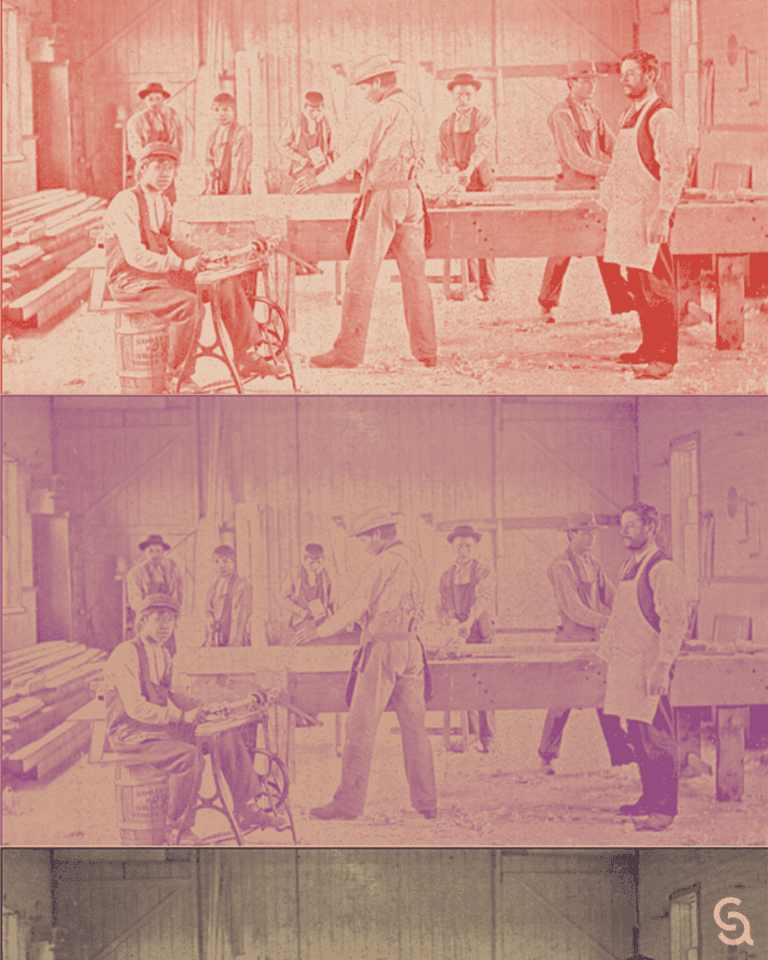
By Mark Glanville
Introduction: Learning from Canada’s Journey
As we seek a path through racial injustice toward a more joyful future, it can be helpful to consider how societies outside the United States walk this path.
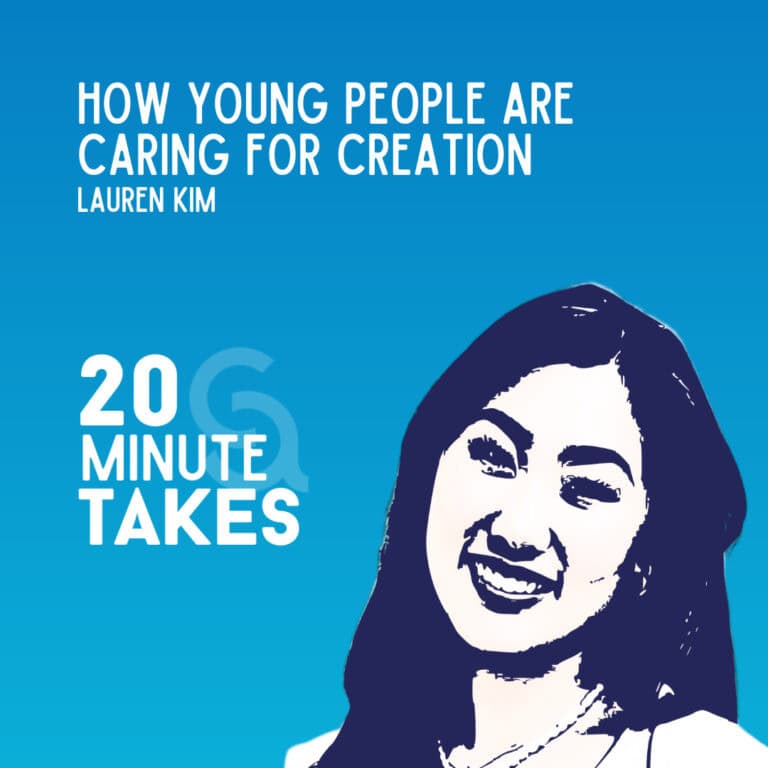
By CSA Staff
What happens when caring for the planet becomes a spiritual discipline?
In a new episode of 20 Minute Takes, host Nikki Toyama-Szeto speaks with Lauren Kim, National Organizer and Spokesperson for Young Evangelicals for Climate Action (YECA).
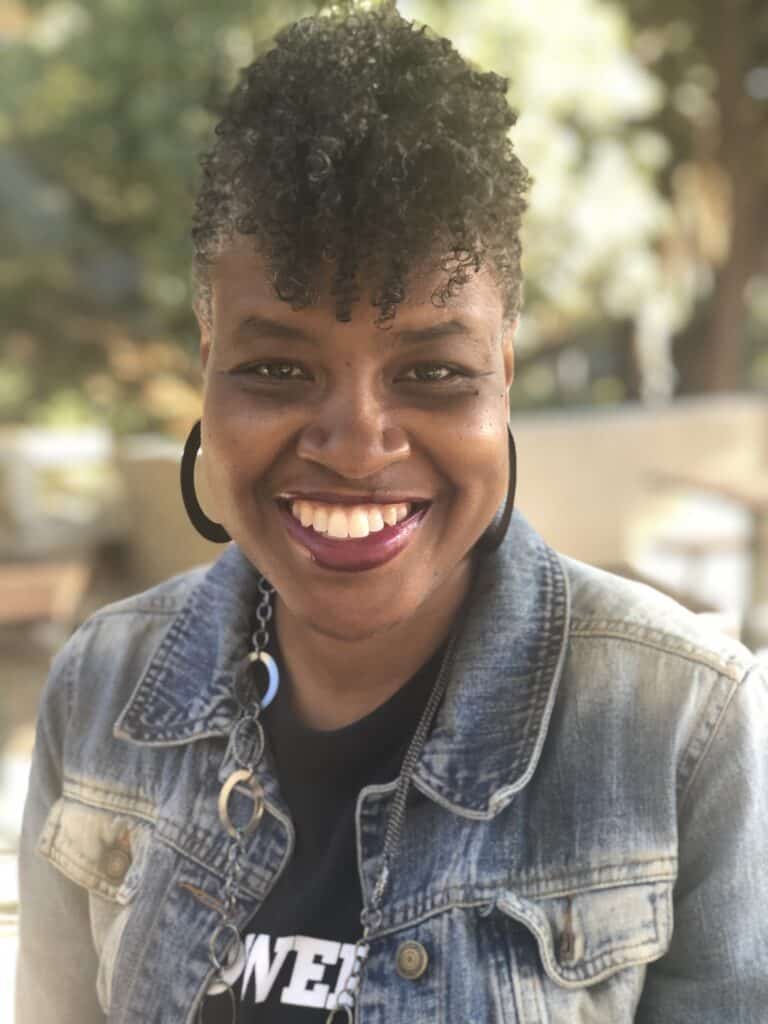
Compiled by CSA staff
CSA is thrilled to welcome Avril Speaks as Program Director for our new national initiative, the Storytellers Collective. A visionary filmmaker, producer, and educator based in Los Angeles, Avril brings deep experience in shaping stories that center truth, justice, and imagination.
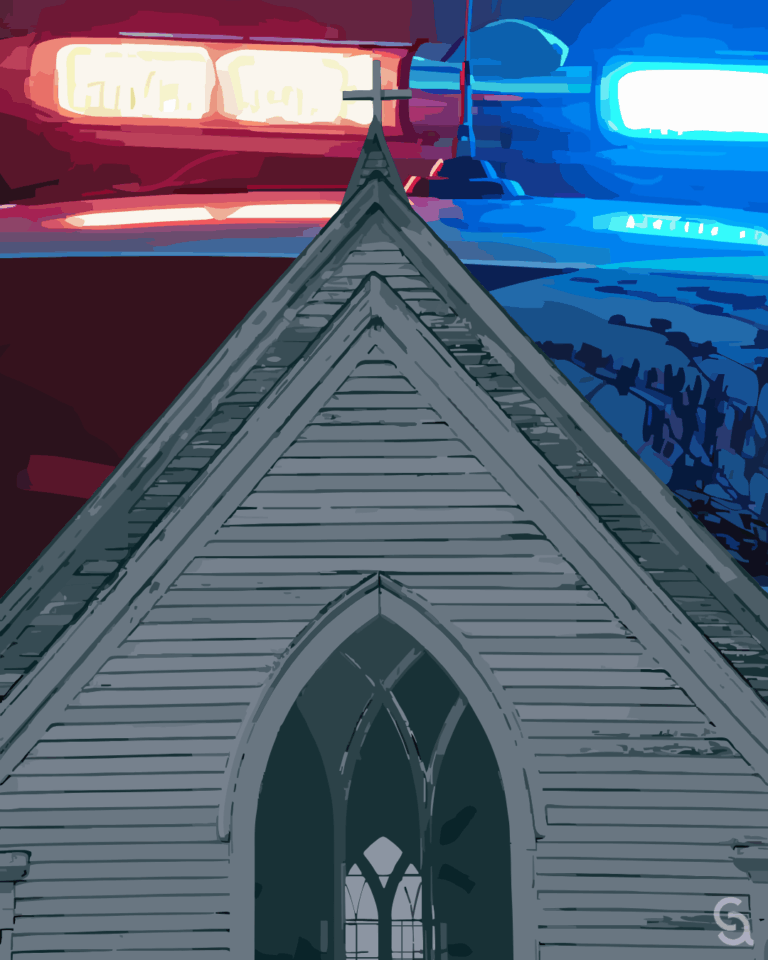
By AnaYelsi Velasco Sánchez
Names to remember: Victims of police violence
Andy Lopez (13) – Shot and killed in 2013 by a police officer who saw him walking with an airsoft gun.
Tamir Rice (12) – Shot and killed in 2014 by a police officer who saw him playing with a toy pellet gun.
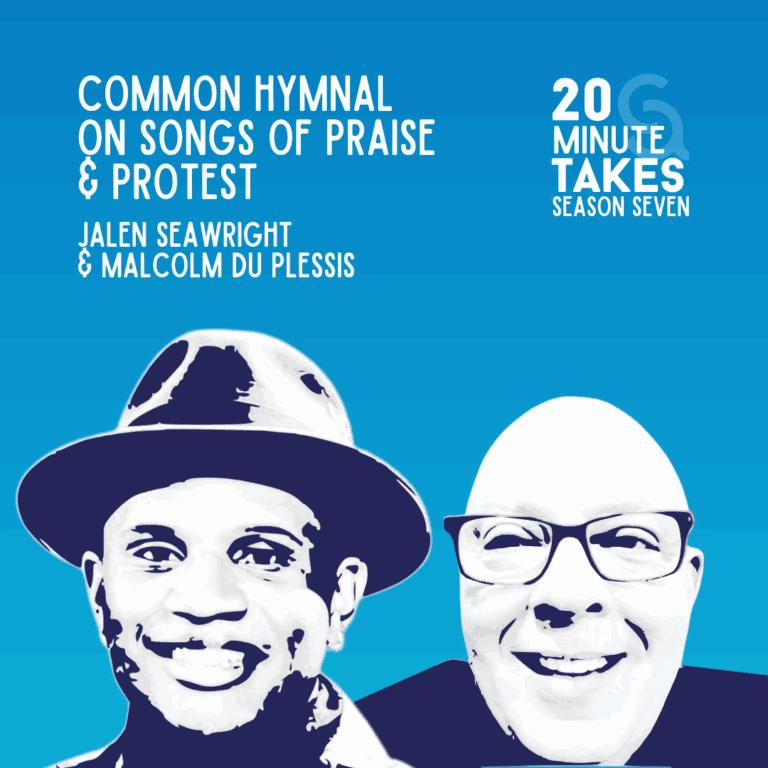
By CSA Staff
What happens when worship music tells the truth?
In a new episode of 20 Minute Takes, Nikki Toyama-Szeto sits down with Malcolm du Plessis and Jalen Seawright from Common Hymnal — a collective of artists and misfits reshaping Christian worship.

By Ben Norquist
An “Ultra for Peace”
I ran 50 miles in a day.
It was the longest run of my life—physically, emotionally, spiritually. But it wasn’t just a race. It was an indignant plea for justice.
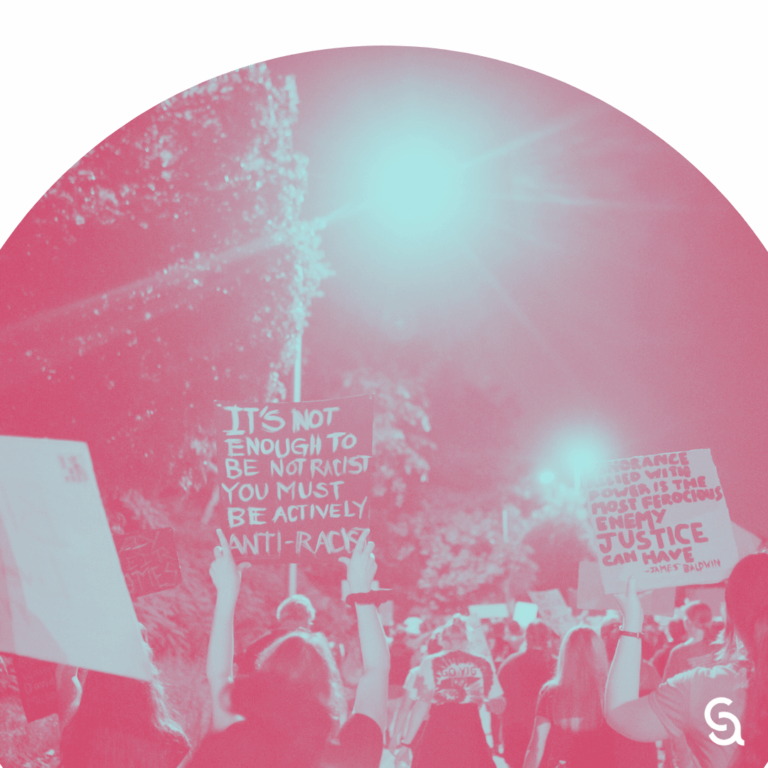
By John Janelle Backman
“For the task is too heavy for you; you cannot do it alone.” —Exodus 18:18
In my unconscious mind, the phrase social justice evokes one image only: me on a street somewhere, with lots of others, carrying placards and shouting words that rhyme.

By CSA staff
What if your faith could help save millions of lives—and already has?
In a recent episode of 20 Minute Takes, Dr. Jenny Dyer, founder of the 2030 Collaborative, joined CSA Executive Director Nikki Toyama-Szeto to explore the surprising ways Christians have helped transform global health.

By Brenna Rubio
It’s a weird, humbling thing to lead a group someplace you’ve never been before! I showed up, a protest newbie who loves Jesus and justice, at one of the February 17, 2025, rallies that were held all over the country to protest the new administration’s policies, and I’m so glad I did.
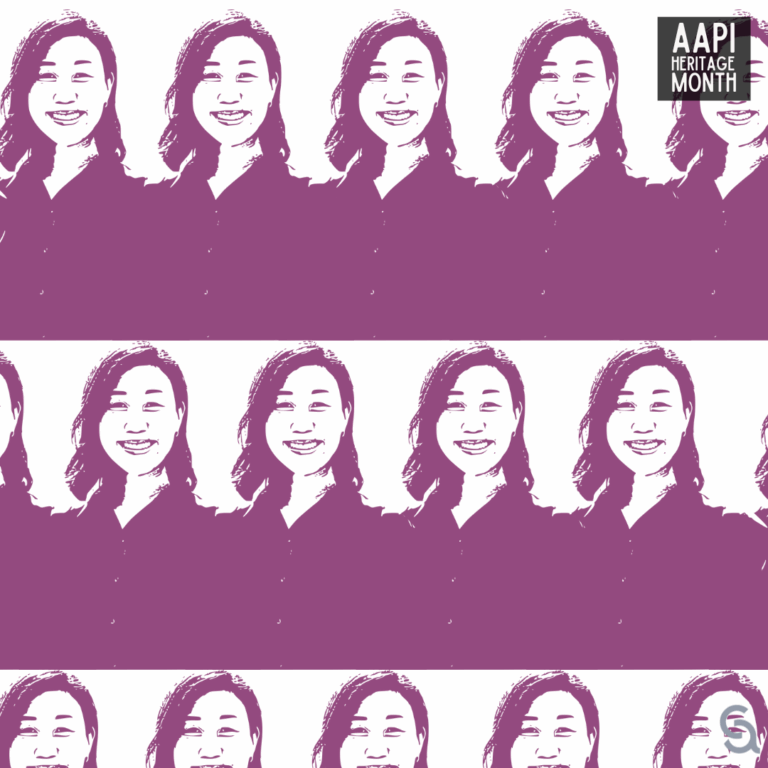
Interviewed by Joyce Koo Dalrymple
Editor’s note: May is AAPI Heritage Month, formally known as Asian American, Native Hawaiian, and Pacific Islander Heritage Month. Throughout this month, we’re featuring Q&As with some of today’s leading thinkers and activists in a series we call “Asian Americans You Should Know.” This series was curated by pastor and author Joyce Koo Dalrymple.
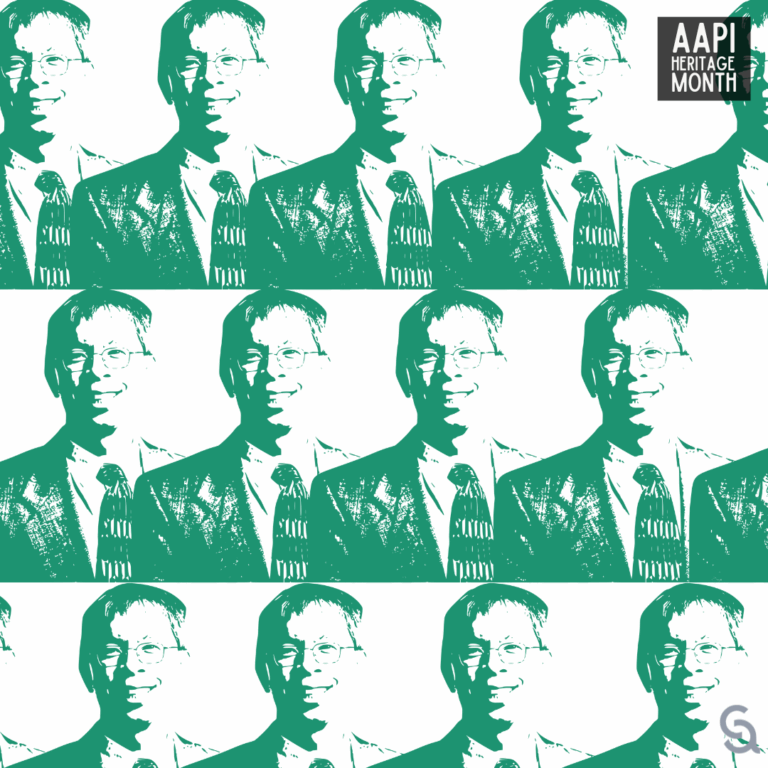
Interviewed by Joyce Koo Dalrymple
Editor’s note: May is AAPI Heritage Month, formally known as Asian American, Native Hawaiian, and Pacific Islander Heritage Month. Throughout this month, we’re featuring Q&As with some of today’s leading thinkers and activists in a series we call “Asian Americans You Should Know.” This series was curated by pastor and author Joyce Koo Dalrymple.

Interviewed by Joyce Koo Dalrymple
Editor’s note: May is AAPI month, formally known as Asian American, Native Hawaiian, and Pacific Islander Heritage Month. Throughout this month, we are featuring Q&As with some of today’s leading thinkers and activists.
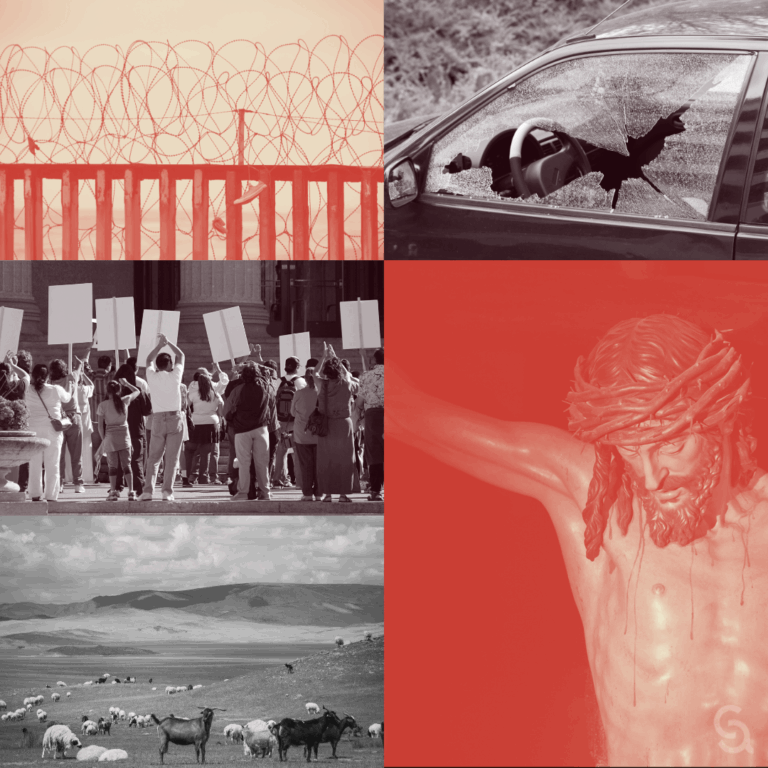
By David de Leon
The first 100 days of the current presidential administration have brought a relentless stream of headlines: executive branch overreach, unelected billionaires wielding powers in shaping government with no accountability, a brutal crackdown on undocumented immigrants without due process, new attacks on higher education and student protestors, and the effects of avian flu continuing to increase egg prices, despite the President’s claim that he’s lowered the prices.
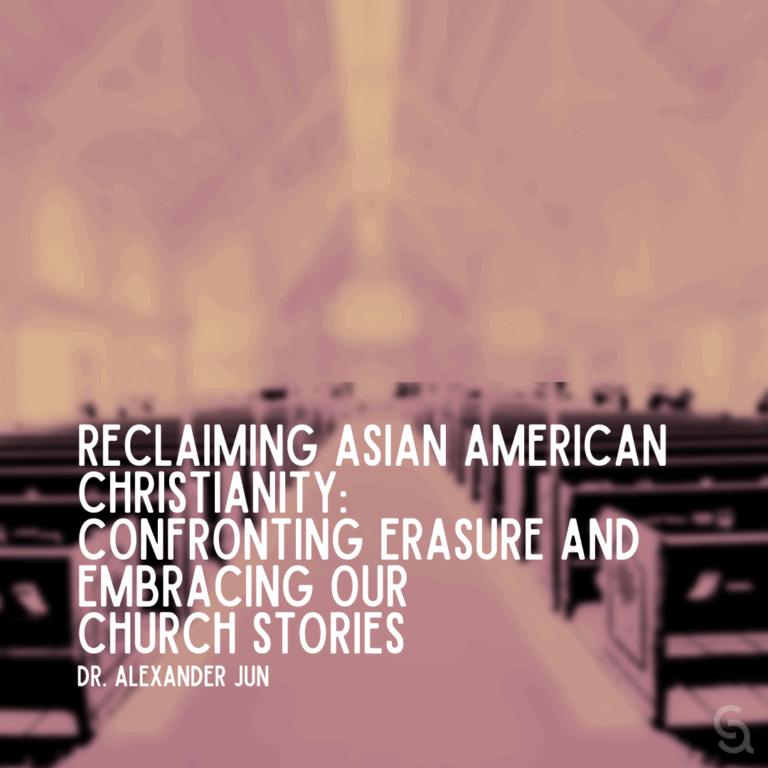
By Dr. Alexander Jun
As we celebrate AAPI Heritage Month, we must acknowledge the vital role Asian American churches play in North American religious history. These stories must not be erased, overlooked, downplayed, or dismissed.
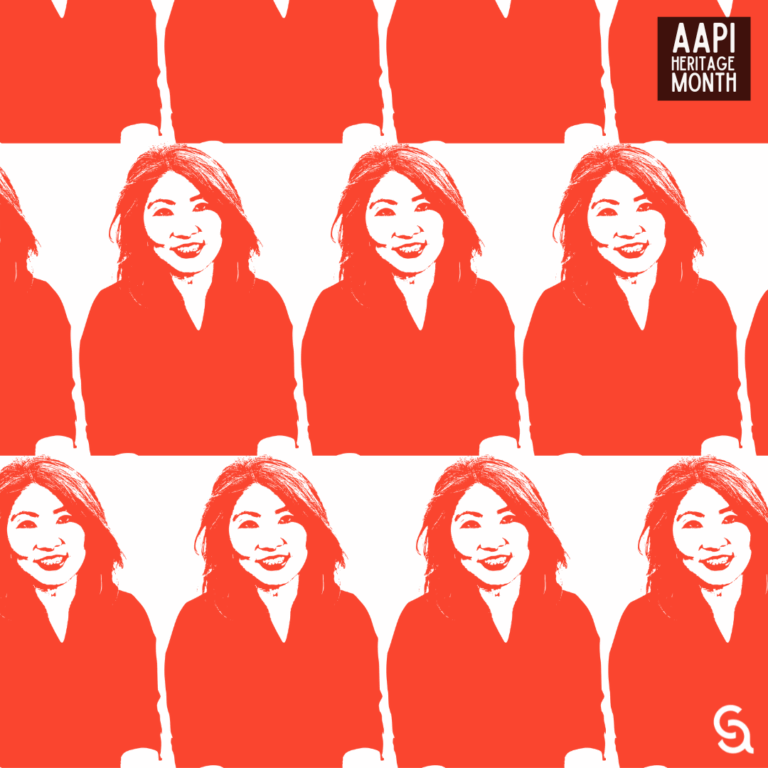
Interviewed by Joyce Koo Dalrymple
Editor’s note: May is AAPI month, formally known as Asian American, Native Hawaiian, and Pacific Islander Heritage Month. Throughout this month, in addition to several articles we have lined up, we will be featuring Q&As with some of today’s leading thinkers and activists.